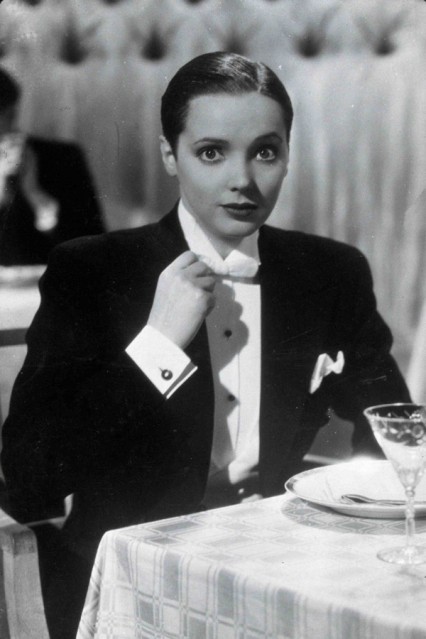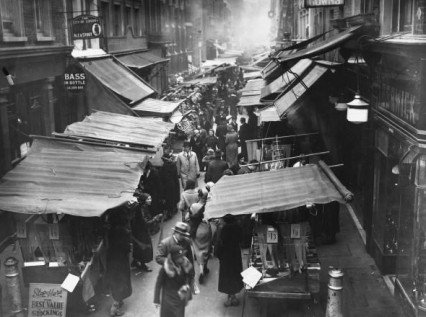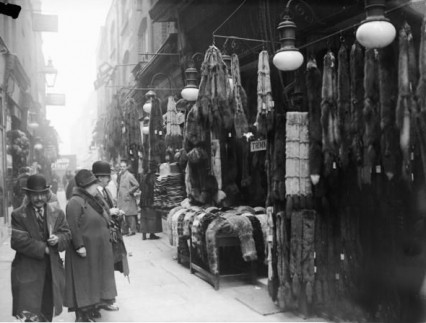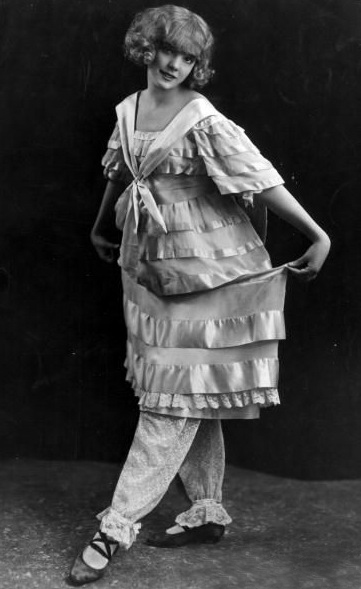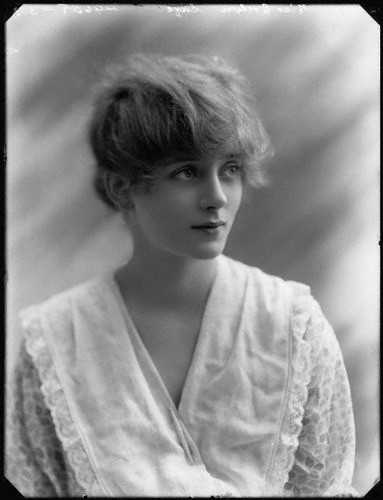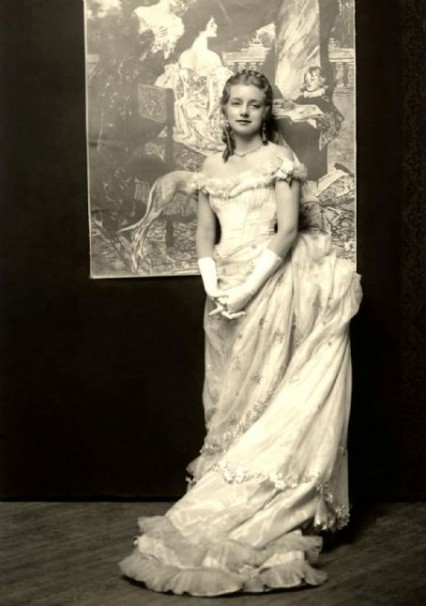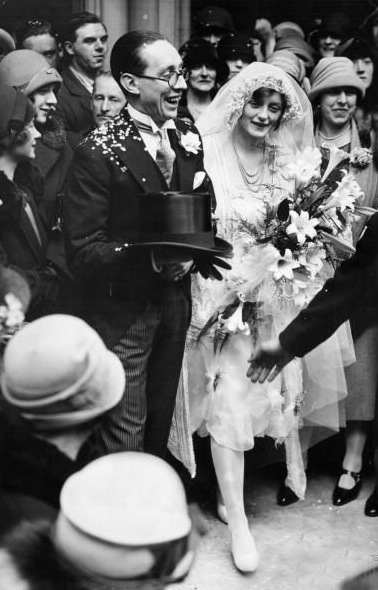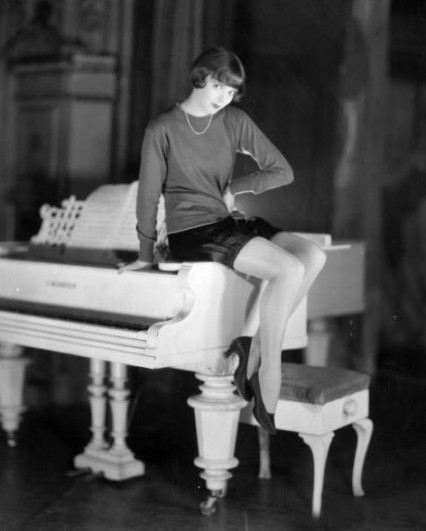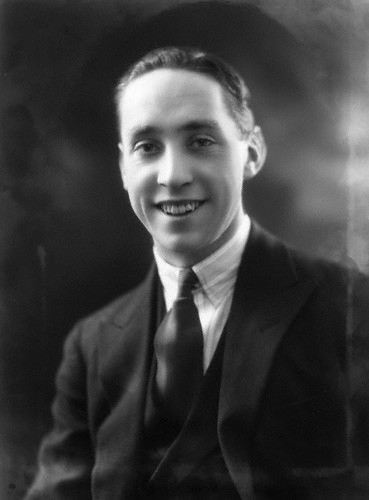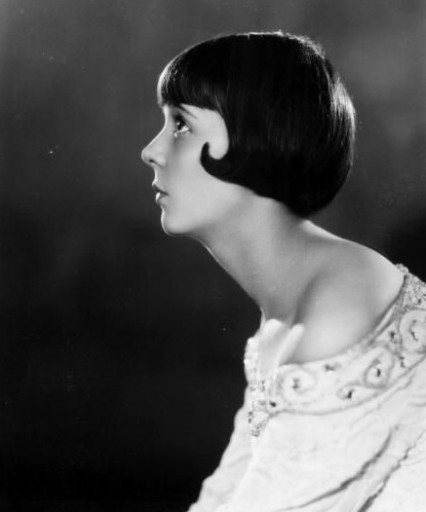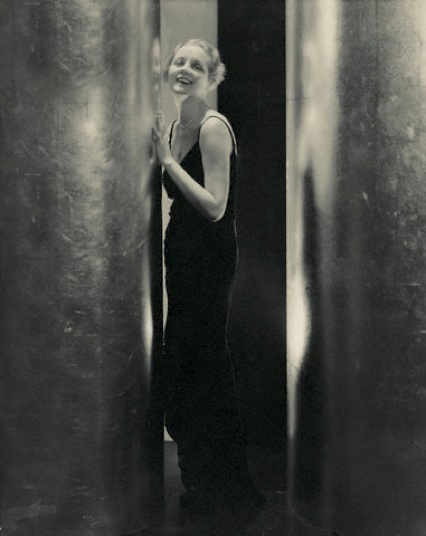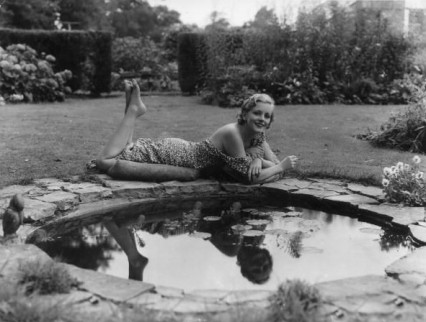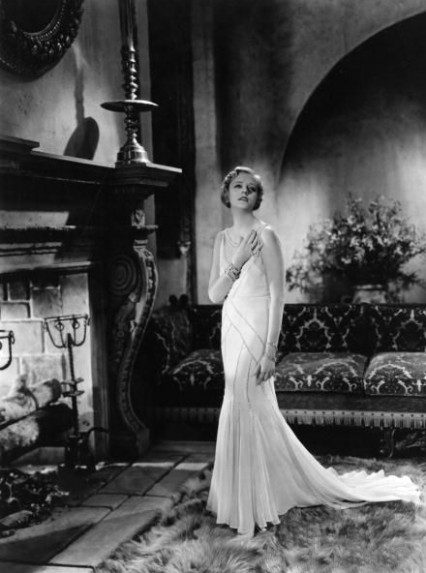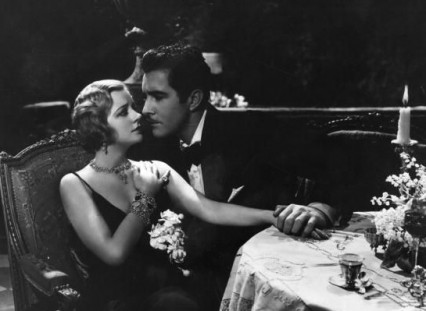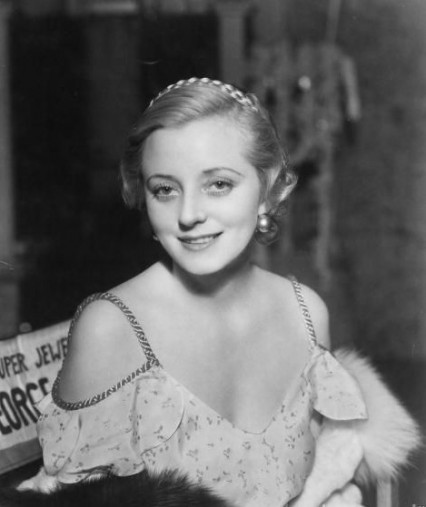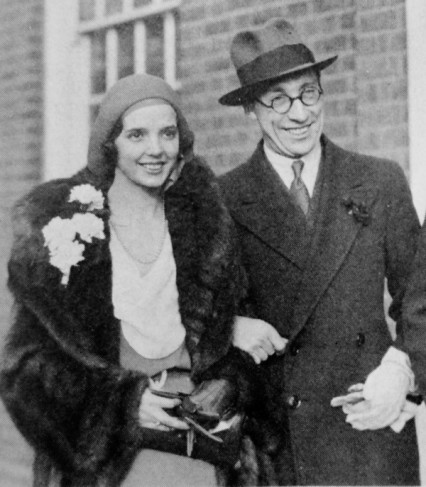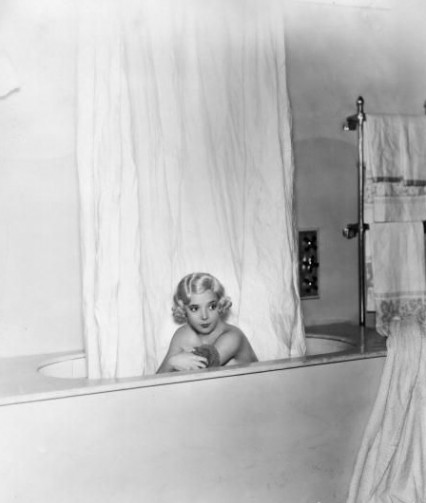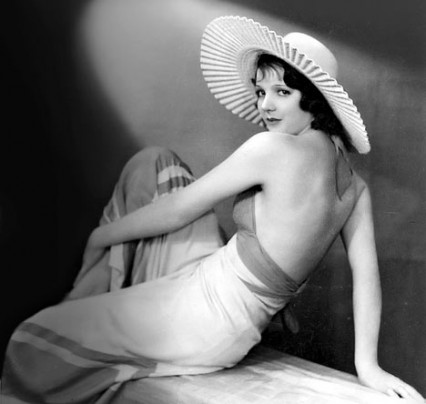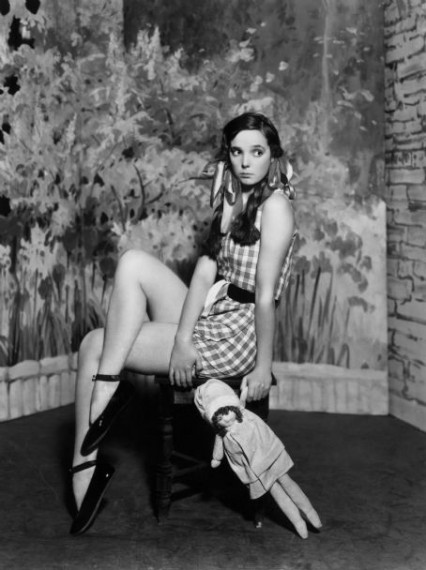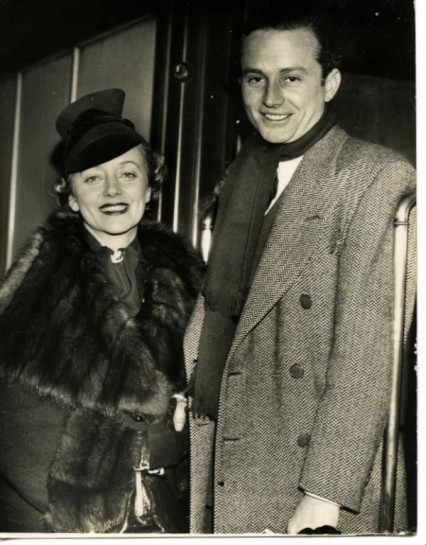“The woman Matthews writes letters which show her to be a person of an odious mind.” – Sir Maurice Hill
Today, except for the eldest amongst us and the blue plaque on the wall of the Blue Post pub on the corner of Berwick Street, Jessie Matthews is almost forgotten. It is fair to say, however, that once upon a time she was one of the most famous women in the country. Before the Second World War she was often voted Britain’s favourite film-star.
Born on March 11 in 1907 in a small, cramped and overcrowded flat above a Butcher’s shop in Soho’s Berwick Street, Matthews was the sixth of eleven children. Her father was a costermonger in the market for which Berwick Street is still famous. Twenty years later, with elocution lessons having removed her natural cockney accent, the saucer-eyed actress was taking the West End by storm.
In 1927, and already a star, Jessie Matthews was booked to perform in a new revue called This Year of Grace – written by the 29 year-old Noel Coward. Her co-star was to be the bespectacled and short comic actor Sonnie Hale – well-known at the time for not only his comedic abilities but that he was married, somewhat incongruously, to the extraordinarily beautiful and popular West-End actress Evelyn Laye.
Not long before the opening night of This Year of Grace, Evelyn Laye held a small supper party for her close friends at Soho’s recently opened Gargoyle Club. The guests included the actress Ruby Miller and the young actor Frank Lawton. Slightly late, and after a rehearsal for Coward’s new revue , her husband came along too. He brought with him, however, his young, pretty and dangerously charming co-star. There was a reason that the Sunday Times theatre critic James Agate described Matthews as ‘the rogue in porcelain’ and Laye was about to find out.
Jessie Matthews by now had been married for almost two years but unfortunately to a womanising debt-ridden actor called Henry Lytton Junior. He was from a famous theatrical family and she married Lytton to seek a stability in a life which must have become totally unreal after her almost overnight success as a West End star. She was well-off by now but his family offered social advantages to the young actress that her Soho working-class upbringing would have lacked.
The wedding occurred only eighteen months after Matthews had been initially courted and then raped at the age of sixteen by a louche, handsome Argentinean friend of the Prince of Wales called Jorge Ferrara. They had met on a ship to New York where she was to appear on Broadway as an understudy for Gertrude Lawrence. When Jessie returned to London she had a secret and illegal abortion from which she never really recovered psychologically (and probably physically too – she suffered from miscarriages though out her life). She made fourteen films during the thirties and had as many breakdowns. She later wrote in her autobiography: “All my life I have been frightened.”
Unfortunately the stability she sought in her marriage crumbled after just eight months. Lytton, who had not only had been sleeping with chorus girls behind Matthews’ back (indeed he’d been having an affair with one girl in particular from the very week they had been married), started to become increasingly envious of her growing success.
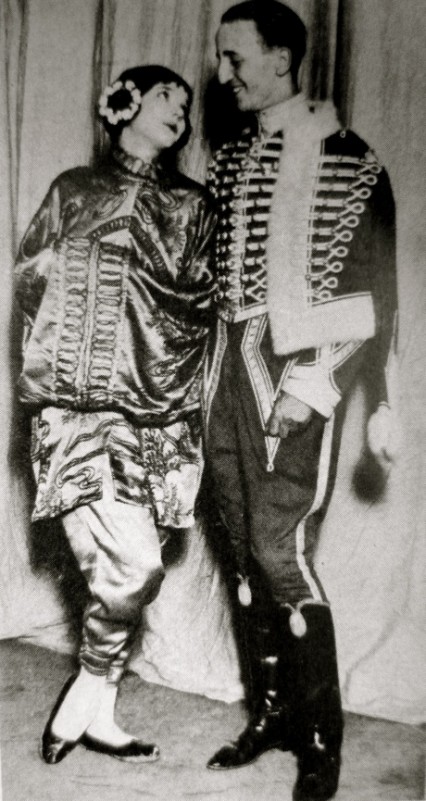
Jessie and Henry Lytton Jnr performing together in Charlot’s Revue in 1925, two months before they married.
At the Gargoyle club, situated in Meard Street, not a stone’s throw from the street where Matthews was born but in some respects a million miles away, Evelyn Laye genially greeted Matthews when she arrived with her Sonnie. The two women had met at various theatrical parties but they didn’t know each other well. Sitting opposite each other at the table, observers that night noted how the two actresses contrasted both in looks and in temperament.
The blue-eyed blonde Laye was tall, cool and sophisticated but maybe slightly aloof. Whereas Matthews, although not classically beautiful, had a sexual attractiveness and zest for life that a lot of men found utterly irresistible.
They both had one thing in common, however, and that was their love for Sonnie Hale.
Early in the new year of 1928 Evelyn Laye had travelled up to Manchester where Coward’s This Year of Grace was previewing. When she arrived at the theatre she accidentally caught her husband and Matthews holding hands. The co-stars quickly and expeditiously unclasped their hands on seeing her and Laye, pretending to joke, asked whether they were in love with each other. They nervously laughed and assured her that the idea was absurd and foolish. It was, as Sonnie pointed out, less than a month to only their second anniversary. Jessie and Sonnie were lying. They had already been lovers for several weeks.
This Year of Grace opened to rave reviews both for Jessie and for the writer Noel Coward (it resurrected his career). The Sunday Express ironically ranked Jessie Matthews with Evelyn Laye as ‘the brightest female stars on our English light musical stage’. This would have rankled Laye, who saw herself as London’s reigning stage beauty, and it only got worse when Room With A Veiw a song from This Year of Grace became a huge hit that summer.
A few weeks later Evelyn Laye found passionate and rather explicitly detailed love letters, albeit in an ill-educated childish scrawl, from Jessie to Sonnie. After confronting her husband with them, he admitted his love for Matthews, and it wasn’t long before Laye moved out of the Hale home in Linden Gardens and moved into a small flat in South Audley Street in Mayfair.
On the 2nd June 1930 Jessie Matthews and Lytton were divorced. Five weeks later in the Royal Courts of Justice on the Strand, Evelyn Laye’s divorce petition came before Sir Maurice Hill – a judge who was close to retirement but particularly averse, in almost a prehistoric fashion, to divorce.
Evelyn Laye wasn’t in court as she was filming One Heavenly Night in Hollywood. Against all advice, however, Jessie Matthews did attend. She soon realised her mistake when her letters to Sonnie were read out in open court:
My Darling, I want you and need you badly, all of you, and for a very long time. I am lying here, waiting for you to possess me. The dear little boobs, which you love so much, are waiting for you also.
During the reading of one particularly embarrassing letter Matthews fainted and she had to be helped outside. Whether it was an act or not it didn’t garner much sympathy from Sir Maurice Hill. His final comments were spoken with brutal severity:
It is quite clear that the husband admits himself to be a cad, and nobody will quarrel with that, and the woman Matthews writes letters which show her to be a person of an odious mind.
Jessie Matthews and Evelyn Laye, not surprisingly, hardly spoke to each other again. In January 1931 Sonnie Hale and Jessie Matthews married at Hampstead registry office. Sadly, particularly after all the scandal that the relationship had caused, it wasn’t a long and happy marriage. Jessie had many affairs including Salvador Dali during a holiday in Barcelona, and the bisexual actors Tyrone Power and Danny Kaye.
It was while she was performing with Kaye in a disastrous Broadway musical that Matthews had the worst of her breakdowns and was admitted to an American psychiatric hospital. She was diagnosed with chronic paranoid schizophrenia and the hospital reported to Hale that she was ‘on the edge of madness’.
When Jessie returned to Britain she found out that Hale had fallen in love with the nanny who had been employed to look after their adoptive daughter. A year later they were divorced.
Jessie Matthews never retained the popularity of her pre-war years. Her style of dancing and singing appeared old fashioned not helped by the cut-glass accent from her teenage elocution lessons. In 1970, she was awarded an OBE, but by now had become slightly more rotund and matronly than in her lithe graceful days as an actress and dancer during the twenties and thirties. This comes to most of us but after watching Matthews at a charity gala, Evelyn Laye, who retained her slim graceful figure throughout her life, waspishly said:
Oh look, the dear little boobs have become apple dumplings.
Evelyn Laye had married again in 1936 this time to the handsome young actor Frank Lawton who ironically had been at the late supper at the Gargoyle club where Laye and Matthews had first formerly met. They were happily married until Lawton’s death in 1969 and Evelyn continued to work in the theatre until well into her nineties.
Evelyn Laye in One Heavenly Night
Jessie Matthews in Evergreen
Jessie Matthews in First a Girl
A lot of the information for this post has come from the biography of Jessie Matthews by Michael Thornton which although out of print can be found here.
Two songs made famous by Jessie Matthews sang by two of her contemporaries:
Noel Coward – Room With A View
Jessie Matthews DVDs and music can be bought here
Evelyn Laye music can be bought here, alas copies of her films seem to be short on the ground, although apparently her acting style, like Jessie’s singing, has dated somewhat. It’s safe to say that her extraordinary beauty certainly hasn’t.
